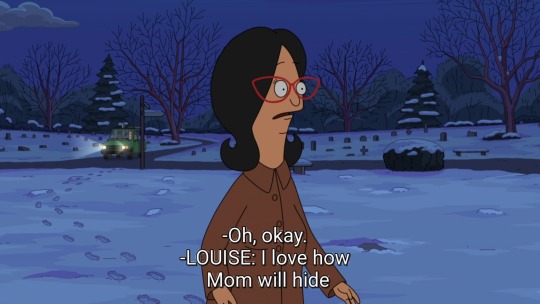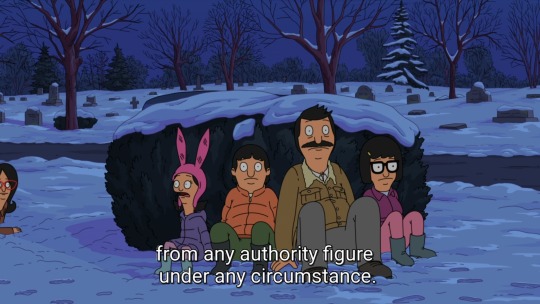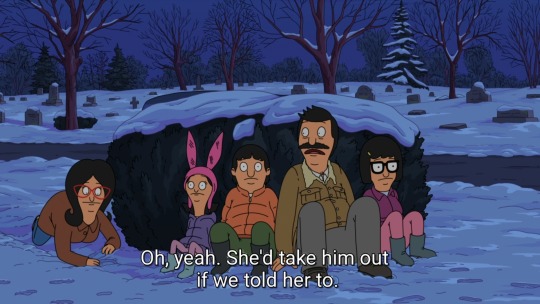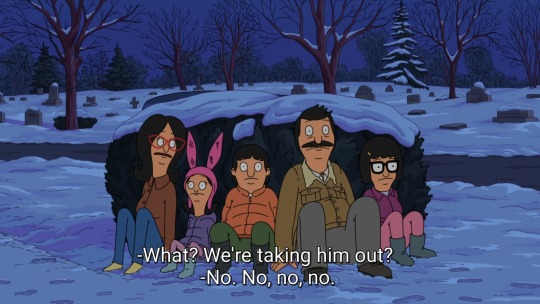Text

Autumn Ghost 🌻
I used Kuretake's ZIG Illustration set No. 2 and their Gansai Tambi Sumi Colors set for this spooky seasonal painting. Honestly the colours in the pan look like they could be black paint, right? So, I made it my mission to try to create a colourful piece with them, really happy with how the tones harmonize eachother! Thank you so much once again to Kuretake for sponsoring me!
4K notes
·
View notes
Text
one thing they don’t tell you about growing up is that there’s a high probability you’ll wake up one day and suddenly be a morning person against your own will
5K notes
·
View notes
Note
Could we get a TOTK Link doodle in these trying times?

why did i pick this outfit
(jkjk i know the reason 🫣)
1K notes
·
View notes
Text
10 Non-Lethal Injuries to Add Pain to Your Writing
New Part: 10 Lethal Injury Ideas
If you need a simple way to make your characters feel pain, here are some ideas:
1. Sprained Ankle
A common injury that can severely limit mobility. This is useful because your characters will have to experience a mild struggle and adapt their plans to their new lack of mobiliy. Perfect to add tension to a chase scene.
2. Rib Contusion
A painful bruise on the ribs can make breathing difficult, helping you sneak in those ragged wheezes during a fight scene. Could also be used for something sport-related! It's impactful enough to leave a lingering pain but not enough to hinder their overall movement.
3. Concussions
This common brain injury can lead to confusion, dizziness, and mood swings, affecting a character’s judgment heavily. It can also cause mild amnesia.
I enjoy using concussions when you need another character to subtly take over the fight/scene, it's an easy way to switch POVs. You could also use it if you need a 'cute' recovery moment with A and B.
4. Fractured Finger
A broken finger can complicate tasks that require fine motor skills. This would be perfect for characters like artists, writers, etc. Or, a fighter who brushes it off as nothing till they try to throw a punch and are hit with pain.
5. Road Rash
Road rash is an abrasion caused by friction. Aka scraping skin. The raw, painful sting resulting from a fall can be a quick but effective way to add pain to your writing. Tip: it's great if you need a mild injury for a child.
6. Shoulder Dislocation
This injury can be excruciating and often leads to an inability to use one arm, forcing characters to confront their limitations while adding urgency to their situation. Good for torture scenes.
7. Deep Laceration
A deep laceration is a cut that requires stitches. As someone who got stitches as a kid, they really aren't that bad! A 2-3 inch wound (in length) provides just enough pain and blood to add that dramatic flair to your writing while not severely deterring your character.
This is also a great wound to look back on since it often scars. Note: the deeper and wider the cut the worse your character's condition. Don't give them a 5 inch deep gash and call that mild.
8. Burns
Whether from fire, chemicals, or hot surfaces, burns can cause intense suffering and lingering trauma. Like the previous injury, the lasting physical and emotional trauma of a burn is a great wound for characters to look back on.
If you want to explore writing burns, read here.
9. Pulled Muscle
This can create ongoing pain and restrict movement, offering a window to force your character to lean on another. Note: I personally use muscle related injuries when I want to focus more on the pain and sprains to focus on a lack of mobility.
10. Tendonitis
Inflammation of a tendon can cause chronic pain and limit a character's ability to perform tasks they usually take for granted. When exploring tendonitis make sure you research well as this can easily turn into a more severe injury.
This is a quick, brief list of ideas to provide writers inspiration. Since it is a shorter blog, I have not covered the injuries in detail. This is inspiration, not a thorough guide. Happy writing! :)
Looking For More Writing Tips And Tricks?
Check out the rest of Quillology with Haya; a blog dedicated to writing and publishing tips for authors!
Instagram Tiktok
53K notes
·
View notes
Text
I have a disease that makes me like vampires and titties its callled being a fucking genius
105K notes
·
View notes
Text
does anyone else feel sooooo crazy and insane but in the most boring way possible
15K notes
·
View notes
Text
thinking about when i was small, how my mom told me that pipe cleaners were just a tool until people started idly shaping things with them and it grew so popular that they were marketed as crafting materials. and that story about how the original frisbees were disposable pie plates that students flattened to throw. and how when i was a child i had a wooden mancala set with shiny, colorful stones, but on invention it was played with rocks and grooves dug into the dirt. and middle school, paper football and tic-tac-toe and mash and mad libs, games that just need pen and paper. and before that, games of pretend with pirates and princes and masked marauders. how at slumber parties after lights out, we used to whisper storytelling games, i say one sentence and you say the next. and shadow puppets. and the way all the kids in the neighborhood used to divide into teams and throw fallen pine cones at one another. and the floor is lava game, and the quiet game, and the games i play with my coworkers that are just words and retention. and "put a finger down" on the high school bus. and little girls clapping together, and how the first jump-rope was undoubtedly just a length of rope who knows how long ago, and how natural it is to play, how we seek play at every age and with any resources we have and with whatever time we can squeeze it into in a day. i'm not an anthropologist or a psychologist but i think after food and shelter and water and air what comes next is games and stories and laughter. i think that there is nothing -- not sex or fighting or forming unlikely bonds with animals -- there is nothing more human than to play.
113K notes
·
View notes
Text
Hey anybody going to talk about rescued sacrificial maidens. Like yes a guy with a fuck off sword turned up and so you're not getting fed to the dragon/water creature/mountain spirit/vague embodiment of all things scary and you get to go back home, but is that really home? Your mom hugs you and your dad says he's so happy you're alive and you know that when they said they'll do anything to keep you safe they didn't really mean it. They have a feast prepared and you get to taste what they cooked for your funeral, help wash the dishes after. And it's selfish to think that between the whole village with everyone in it and you they wouldn't pick the lesser evil but it still leaves an emptiness in your chest, knowing exactly how much your life is worth. And the neighbors smile at you awkwardly and the neighbors' kids yell "hey! I thought you died!" because they don't know not to do that yet and maybe you did. Maybe you did.
And the hero with the fuck-off sword rode off into the sunset the way they always do but you're still here and you herd the cows by the cliff where you were tied up in your cleanest clothes waiting to not be alive anymore and sometimes you think that would be easier and when you don't come back one day, you can imagine it's a relief for everyone involved. Maybe you'll be the new thing to haunt the mountain, or maybe you'll follow down the road and listen for cries that sound like yours did. Either way, there's little left to fear. You know exactly how much your life is worth.
26K notes
·
View notes
Text

“My Name’s Kieran, Kieran Duffy”
266 notes
·
View notes
Text

On top of the mountain with sea of clouds.
Miyagi, Japan.
1K notes
·
View notes













